New French program ACT'EAU helps with old public pools renovation
The new ACT'EAU program provides grants to assist with the implementation of public pools renovation strategies.

In France, 60% of public pools are over 30 years old and their power and water costs are major charges on public authority budgets. Their consumption can be as high as 2,800 kWh/sq.m./year, vs. 250 kWh/sq.m./year for office buildings. To reduce their water and energy consumption, the new ACT'EAU program provides grants to public authorities to assist with the implementation of their pool and water park renovation strategies.

Grants to modernize public pools and water parks
Launched on April 21, 2021, ACT’EAU is a subprogram which extends ACTEE (the French territorial public authorities’ energy efficiency plan).
This approach targets the huge power consumption by French public pools and water parks due to their obsolescence. Until April 16, 2023, public authorities can ask for financial and operational support to reduce the power consumption of their swimming pools and water parks. An action which brings substantial long-term savings as well as:
- improving understanding of each pool’s aquatic equipment to devise a meaningful renovation project;
- obtaining additional support with diagnosis and works control upstream from the construction works;
- preparing for the Décret Tertiaire (French Energy Transition Decree);
- extending the life of aquatic equipments in each territory, their modernization and improving their attractiveness.
ACT’EAU proposes three grants:
- 50% of the cost of studies capped at 10,000€:
- 80% of the cost of Works Monitoring missions capped at 3,000€;
- 100% of the cost of training technicians and administrative personnel in resource savings.
Looking for new concepts? Check out the example of the first French public pool with the BEPOS label and this ecological pool in Norway. And remember to tell your pool users what you’re planning to do!
Pool and water park obsolescence is a world-wide problem
Public pools built in the second half of the 20th century, when swimming became popular, are confronted today with several problems. For example, they do not meet current standards, are ill-adapted to new needs and devour energy. Some quite simply close due to the cost of their restoration, preventing local populations from learning to swim.
In Germany, the funding required just to restore public pools is 14 billion euros (1). Some governmental programs like Sanierung kommunaler Einrichtungen in den Bereichen Sport, Jugend und Kultur (Rehabilitation of public authority sports, youth and culture facilities), launched in 2015, exist to assist public authorities.
In Belgium, the Vrije Universiteit Brussel pool built in 1989 received a 2 million euro grant from Europe to support its transition towards a low-carbon economy consuming 60% less energy (2), making it the first sustainable pool in Brussels.
Public pools' renovation is an important issue because it contributes to reducing the energy bill in your territory, decreasing your CO2 emissions and improving local attractiveness. The pool sector is constantly innovating and accompanies you in this transition by suggesting the most appropriate solutions. Come to Piscine Global Europe from December 15th to December 18, 2022 at Eurexpo, Lyon, France to discover them!
Learn more about the pool sector’s top Trade Fair
(1) Sueddeutsche: Rettet die Schwimmbäder!
(2) Commission Européenne: Rénovation et extension de la piscine de la Vrije Universiteit Brussel
© Photo credit: DedOK Studio / Adobe Stock

